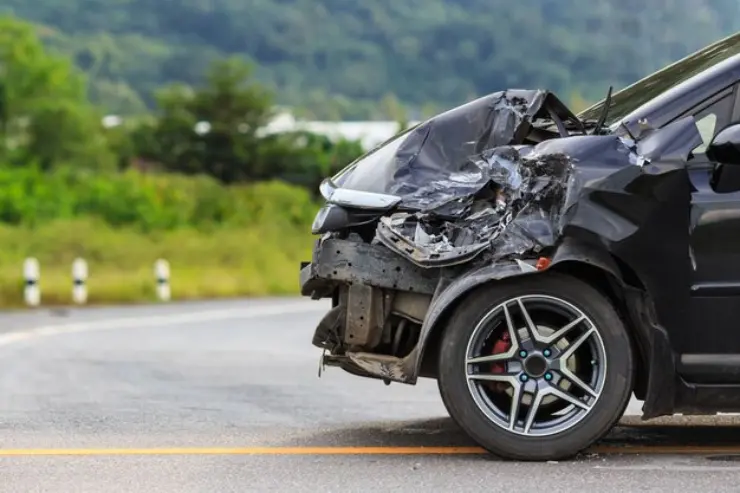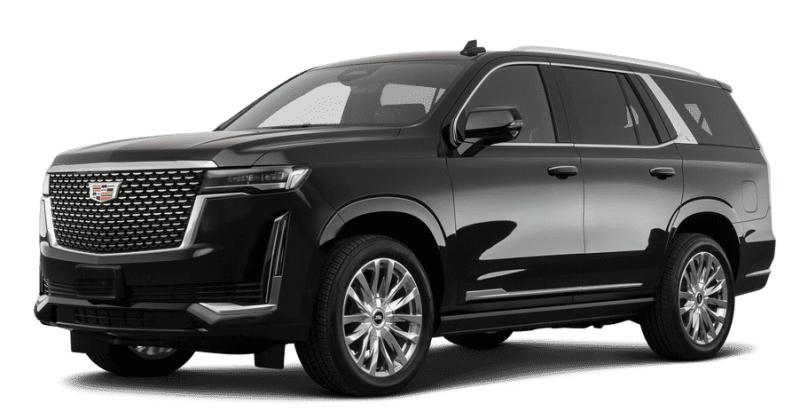Table of Contents
ToggleWhat Happens if You Crash a Rental Car
Renting a car can offer convenience and flexibility, whether it’s for a road trip, business travel, or simply getting around while on vacation. However, accidents can happen, and the prospect of crashing a rental car raises several important questions and concerns. In this article, we delve into the consequences of such an event, particularly examining scenarios with and without insurance coverage.
Understanding the Potential Ramifications

Understanding the potential ramifications of any decision, action, or phenomenon is paramount in navigating complex landscapes with foresight and prudence. Whether it pertains to societal shifts, technological advancements, environmental changes, or geopolitical events, a comprehensive grasp of potential consequences enables individuals and organizations to anticipate challenges, seize opportunities, and make informed choices.
By delving into the depths of possible outcomes, we gain insights that foster adaptability, resilience, and strategic planning, thereby shaping our collective trajectory towards a more sustainable and prosperous future.
The Initial Response
The moments following a car crash can be overwhelming and stressful, especially when you’re driving a rental vehicle. The first step is to ensure everyone’s safety and assess the damage to the car. Regardless of fault, it’s crucial to document the scene, exchange information with other parties involved (if applicable), and contact the authorities to report the accident.
Rental Car Company Protocol
Once the immediate aftermath is managed, you must notify the rental car company about the accident. Most rental agreements include clauses that require you to report any accidents promptly. Failing to do so can complicate matters and potentially exacerbate the situation.
What Happens if You Crash a Rental Car with Insurance
Having insurance coverage can significantly mitigate the financial burden of a rental car accident. If you opted for rental car insurance through the rental company or have coverage through your personal auto insurance policy or credit card, the insurance provider typically handles the claim process.
Process with Rental Car Insurance
If you purchased insurance directly from the rental company, the process usually involves filing a claim with their insurance provider. Depending on the terms of the policy, you may be responsible for a deductible, but the insurance should cover the majority of the repair or replacement costs.
Personal Auto Insurance or Credit Card Coverage
Alternatively, if you have personal auto insurance or use a credit card that offers rental car coverage, you’ll need to contact your insurance provider or credit card company to initiate the claims process. Coverage specifics vary, so it’s essential to review your policy or contact your provider for clarification.
What Happens if You Crash a Rental Car Without Insurance
Not having insurance when you crash a rental car can result in significant financial and legal repercussions. In this scenario, you may be personally liable for covering the costs associated with the damage to the rental vehicle, as well as any medical expenses or property damage resulting from the accident.
Financial Liability
Without insurance, you could be held responsible for the full cost of repairs or replacement of the rental car, which can be substantial depending on the extent of the damage. Additionally, you may be liable for any loss of income incurred by the rental company while the vehicle is out of service for repairs.
Legal Consequences
In addition to the financial ramifications, crashing a rental car without insurance can lead to legal consequences. The rental company may pursue legal action to recover the costs associated with the accident, which could result in court proceedings and judgments against you.
Tips for Preventing Rental Car Accidents
Preventing rental car accidents requires a combination of responsible driving habits, proper vehicle maintenance, and awareness of your surroundings. Here are some tips to help minimize the risk of accidents while driving a rental car:
- Familiarize Yourself with the Vehicle: Take some time to adjust your seat, mirrors, and familiarize yourself with the controls before you start driving. This will help you feel more comfortable and focused on the road.
- Follow Traffic Laws and Signs: Obey speed limits, traffic signals, and road signs. Be aware of local driving regulations, especially if you’re in a different country or region.
- Avoid Distractions: Keep your attention on the road by avoiding distractions like texting, talking on the phone, eating, or fiddling with the radio or navigation system while driving.
- Buckle Up: Ensure that you and all passengers wear seat belts at all times. Seat belts save lives and reduce the risk of injury in the event of an accident.
- Stay Alert and Rested: Fatigue can impair your judgment and reaction time while driving. Get plenty of rest before embarking on a long journey, and take breaks as needed to stay alert.
- Maintain a Safe Following Distance: Keep a safe distance between your rental car and the vehicle in front of you. This gives you more time to react to sudden stops or changes in traffic conditions.
- Be Mindful of Weather Conditions: Adjust your driving behavior according to the weather conditions. Slow down and increase your following distance in rain, snow, or fog.
- Inspect the Vehicle Before Driving: Before hitting the road, inspect the rental car for any damage or issues. Check the tires, brakes, lights, and fluid levels to ensure everything is in working order.
- Use Caution in Unfamiliar Areas: Exercise caution when driving in unfamiliar areas, especially during peak traffic times or in densely populated areas.
- Plan Your Route: Familiarize yourself with your route before you start driving. Use a GPS or navigation system to help you navigate unfamiliar roads safely.
- Avoid Driving Under the Influence: Never drive under the influence of alcohol, drugs, or medications that impair your ability to drive safely.
- Report Any Issues Promptly: If you notice any mechanical problems or issues with the rental car while driving, report them to the rental agency as soon as possible.
By following these tips and exercising caution and responsibility while driving a rental car, you can help prevent accidents and ensure a safe journey for yourself and others on the road.
Conclusion
Crashing a rental car can be a stressful and costly experience, particularly if you don’t have insurance coverage. It’s essential to understand the implications of such an event and take proactive measures to protect yourself financially and legally. Prior to renting a car, carefully review your insurance options and consider purchasing coverage to safeguard against unforeseen accidents.
In the unfortunate event of a crash, prompt communication with the rental company and your insurance provider can help expedite the claims process and mitigate the impact of the incident. Remember, being prepared and informed can make all the difference in navigating the aftermath of a rental car accident.
Instant Online Quote
This site is protected by reCAPTCHA and the Google Privacy Policy and Terms of Service apply.

